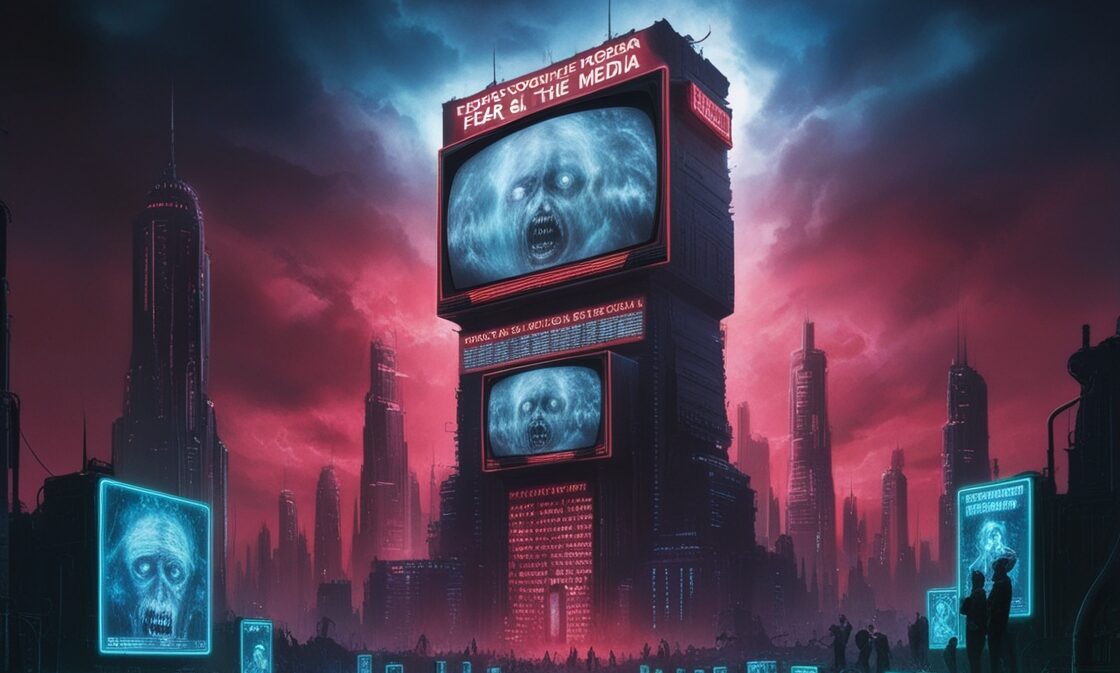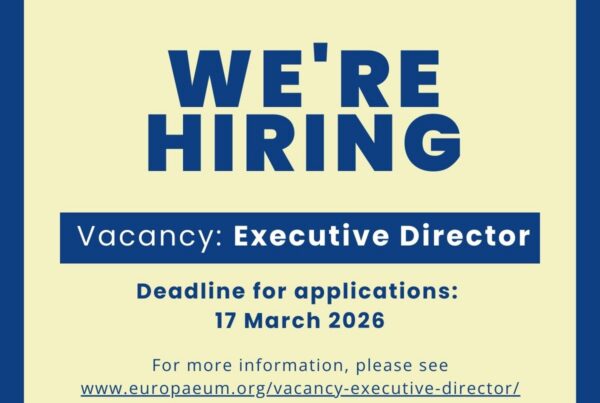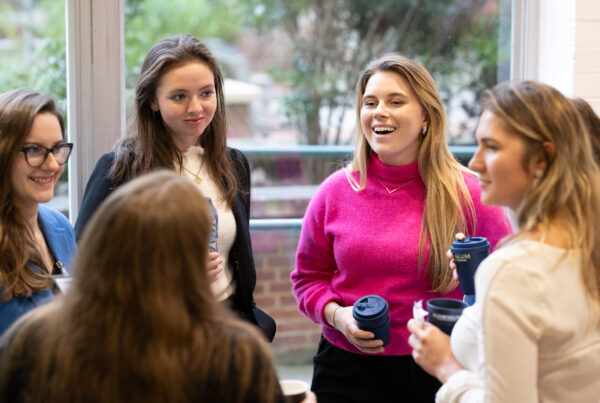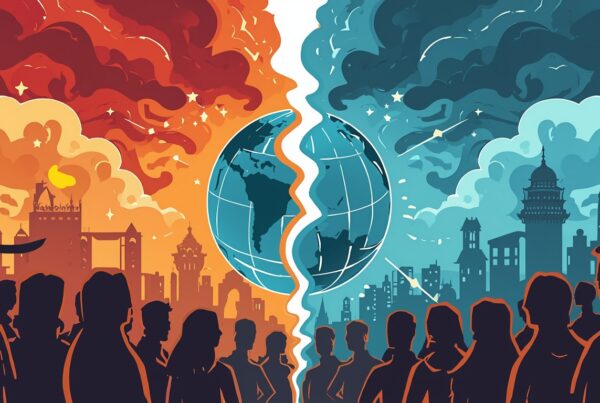
Media and Fear
7-10 January 2025 | Universidade Católica Portuguesa, Lisbon
Fear is a powerful emotion that is thought to obscure, undermine or derationalize decision-making. It can either trigger or paralyze action, inducing irrational behavior, generating moral panics or fostering responses to keep people safe. It abounds in the media coverage of wars, terror, social protests, natural disasters, technological accidents and the radical events associated with climate crisis, migration, poverty, racialized violence, misogyny, settler colonialism and other global inequities. Fear gives high visibility to inflammatory discourses that furnish a central stage across the information environment, creating a loss of control and predictability alongside an intensification of uncertainty, threat, risk and insecurity across different publics. While reports on fear-inducing conditions and events have the potential to induce action and create solidarity for those being effected, the media also instigate hate against marginalized social groups who have become the target of what Ruth Wodak (2015) has called “the normalization of shameless politics.” Today a central ingredient of many videos and posts that go viral on social media, fear can be promoted by a wide range of actors, including those who instigate action against the rule of law.
The Europaeum invites student participants in the Lisbon Media & Communications Winter School 2025 which explores this topic and aims to cut across the many discourses driven by fear, considering its weaponization by political, religious and social actors who aim to increase their own power, including leaders of democratic and authoritarian regimes, drug cartels, religious institutions, terrorist groups and protest groups. We welcome proposals for 20-minute papers by masters or doctoral students from network member universities to discuss the intertwined relation between media and fear in different geographies and temporalities. The list below illustrates some topics for possible consideration. Other topics dealing with media and fear are also welcomed:
- Media and the dissemination of fear
- Fear, populism and the media
- Terrorism and the media
- Moral panics
- Reporting war and tragedy
- Fear and the democratic process
- Communication techniques to create fear
- Fear and identity formation
- Algorithms, AI and the promotion of fear
- Promoting fear against gender, racial and religious minorities
- Fear as tool of compliance
- Fake news and disinformation
- Fear, anxiety and irrationality
- Fear and (self-)censorship
- Fear in the public arena in specific national or regional contexts
- Climate anxiety
- Visual media and fear
Applications should include the Europaeum application form, a brief CV, a statement of purpose (up to 500 words), and a reference letter from their supervisor or academic advisor. Those who wish to submit a paper should also add a short abstract of the proposed paper (up to 500 words).
Under an agreement with the Media & Communications Winter School at the UCP, some Europaeum students will be invited to present their papers, others to audit the event without presenting formally. The Europaeum will contribute the same funds towards expenses (namely, accommodation, travel, and meals) to both groups.
For more information about how to apply visit the events and activities page.
Click here for General Guidance for Applicants.
Click here for the Rules for Participating in Europaeum events.
Deadline for submission of applications and abstracts: 2 September 2024.
All submissions should be sent to applications@europaeum.org



